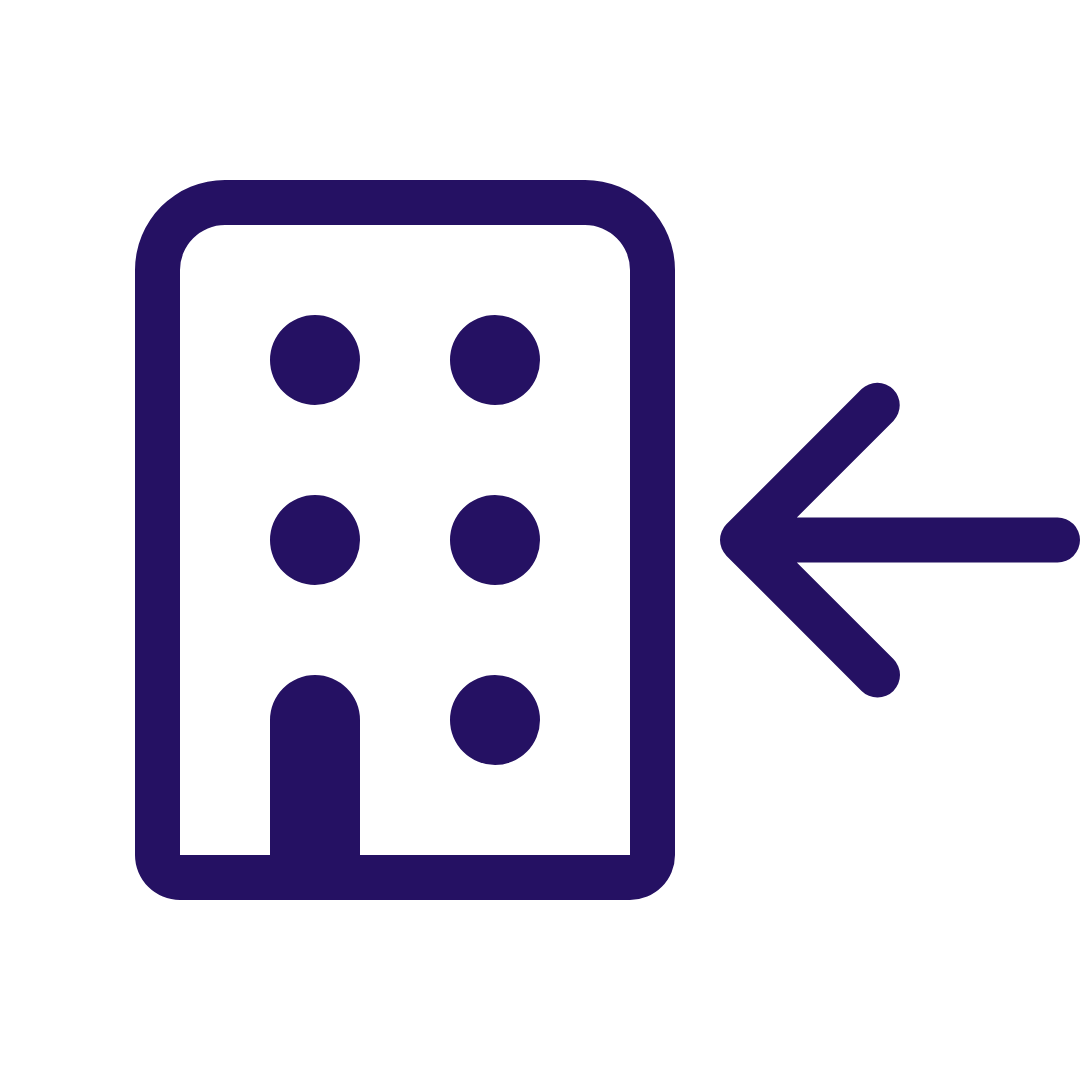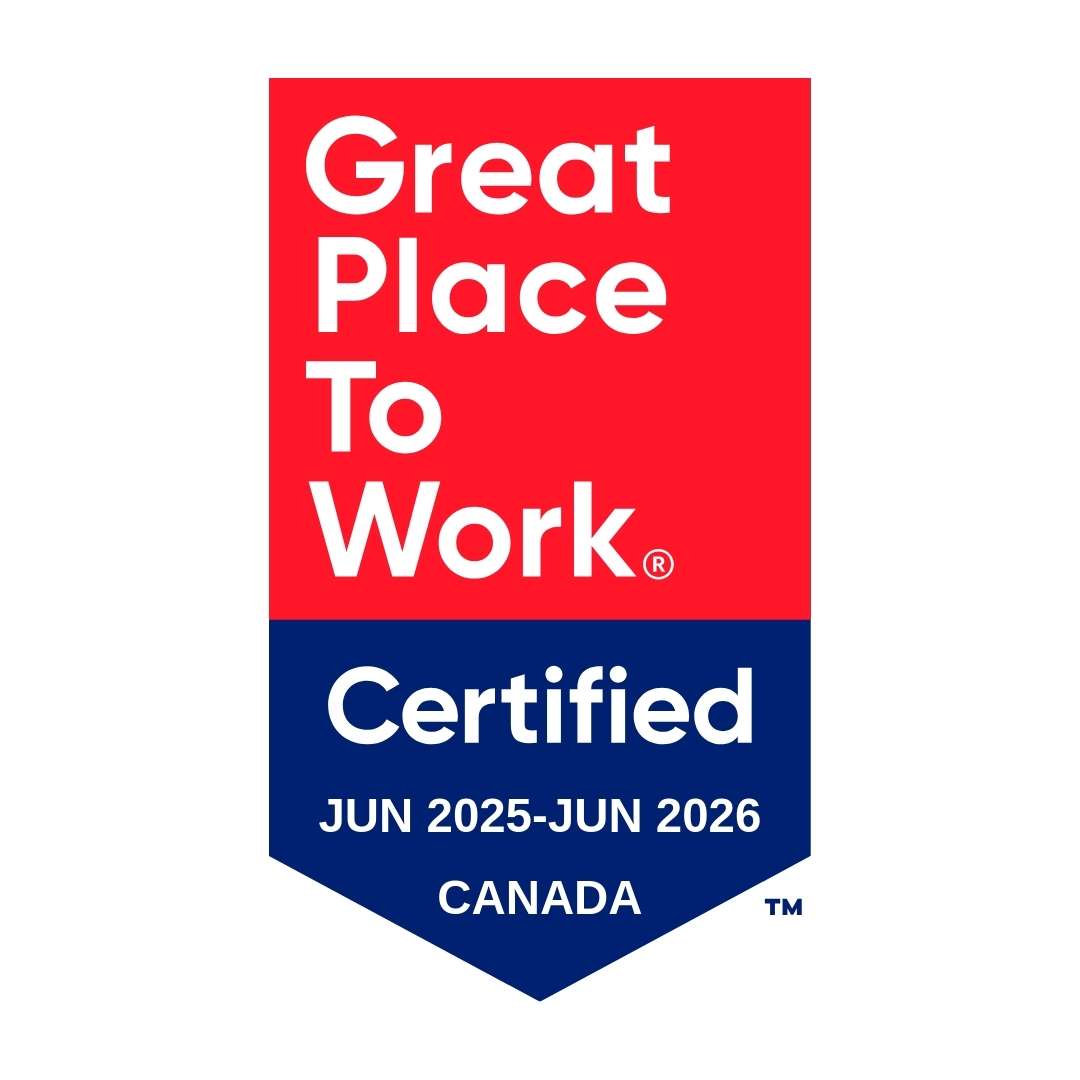Waste Program Assessments
Making sure you have the right services at the best price.


When you first start working with us or you’ve done so for quite some time, a free waste program assessment is a great way to uncover how we can serve you best.
*Please note: A waste program assessment is different than a Waste Audit, which is a paid service. Learn more about Waste Audits HERE.
Completing a waste program assessment offers several benefits for organizations. These assessments provide a clear understanding of waste generation and management practices and serve as a foundation for improving efficiency, reducing costs, and minimizing environmental impact.
Here are the main reasons to complete a waste program assessment:

Identify Cost Savings Opportunities
Uncover Hidden Costs: Pinpoint inefficiencies in waste disposal processes, such as over-servicing, improper sorting, or unnecessary landfill use.
Optimize Contracts: Ensure you're not overpaying for waste hauling or disposal services by tailoring contracts to your actual needs.
Reduce Disposal Fees: Increase recycling or diversion rates to lower landfill tipping fees.
Enhance Sustainability
Reduce Environmental Impact: Divert waste from landfills through recycling, composting, or reuse.
Support Corporate Sustainability Goals: Align waste practices with environmental objectives, such as reducing carbon footprints or achieving zero-waste targets.
Achieve Certifications: Support applications for certifications like LEED, ISO 14001, or B Corp status.
Ensure Regulatory Compliance
Avoid Fines and Penalties: Confirm that waste disposal practices meet local, provincial, and federal regulations.
Stay Ahead of Changes: Adapt quickly to new or evolving waste management laws, such as bans on specific materials (e.g., single-use plastics).
Optimize Waste Management Processes
Streamline Operations: Implement more efficient collection, sorting, and disposal practices.
Reduce Contamination: Improve recycling by educating employees and ensuring proper sorting.
Minimize Waste Generation: Identify ways to reduce waste at the source, such as adjusting procurement or production processes.
How it Works
1. Contract and Invoice Review
- Review current contract to determine current obligations, fees covered, and end date.
- Review recent invoices (up to six months) to uncover current waste management costs, including hauling, additional fees, and landfill charges.


2. Waste Stream Analysis
- Identifying the types of waste generated (e.g., general waste, recyclables, hazardous waste, organic waste).
- Uncover any waste disposal issues, such as any waste you’re struggling to dispose of correctly or that incurs unnecessarily large fees.
- Determining the volumes or weights of each waste type.
3. Current Service Schedule & Equipment
- Reviewing how waste is currently collected, sorted, and stored.
- Assessing the service frequency and methods of waste disposal.
- Review bin sizes to ensure service is optimized.


4. Site Visits
- A site visit may be offered to allow one of our waste experts to uncover opportunities you may have overlooked or don’t have knowledge of.
5. Regulatory Compliance Check
- Ensuring compliance with local, provincial, and federal regulations for waste management.
- Identifying any potential violations or risks.
.png)

6. Review
- Once all data is collected, our waste experts review the information and prepare recommendations.
- Identifying opportunities to reduce costs through optimized scheduling, better contracts, or increased recycling.
- Evaluating how much of the waste can be diverted from landfills through recycling, composting, or reuse.
7. Recommendations
- Our team meets with you to provide tailored solutions to improve your waste handling, increase efficiency, and lower costs.
- Proposing new technologies, equipment, or services to streamline waste management.
- Suggesting programs or partnerships to improve waste diversion rates.
- Suggesting employee training programs to promote waste reduction and proper sorting.


8. Implementation Support
- Once you have partnered with Waste Logic, we assist with implementing changes, contract management and cancellation, and finding the appropriate waste and recycling vendors.
- Learn more about how we support our clients through partnership HERE.







